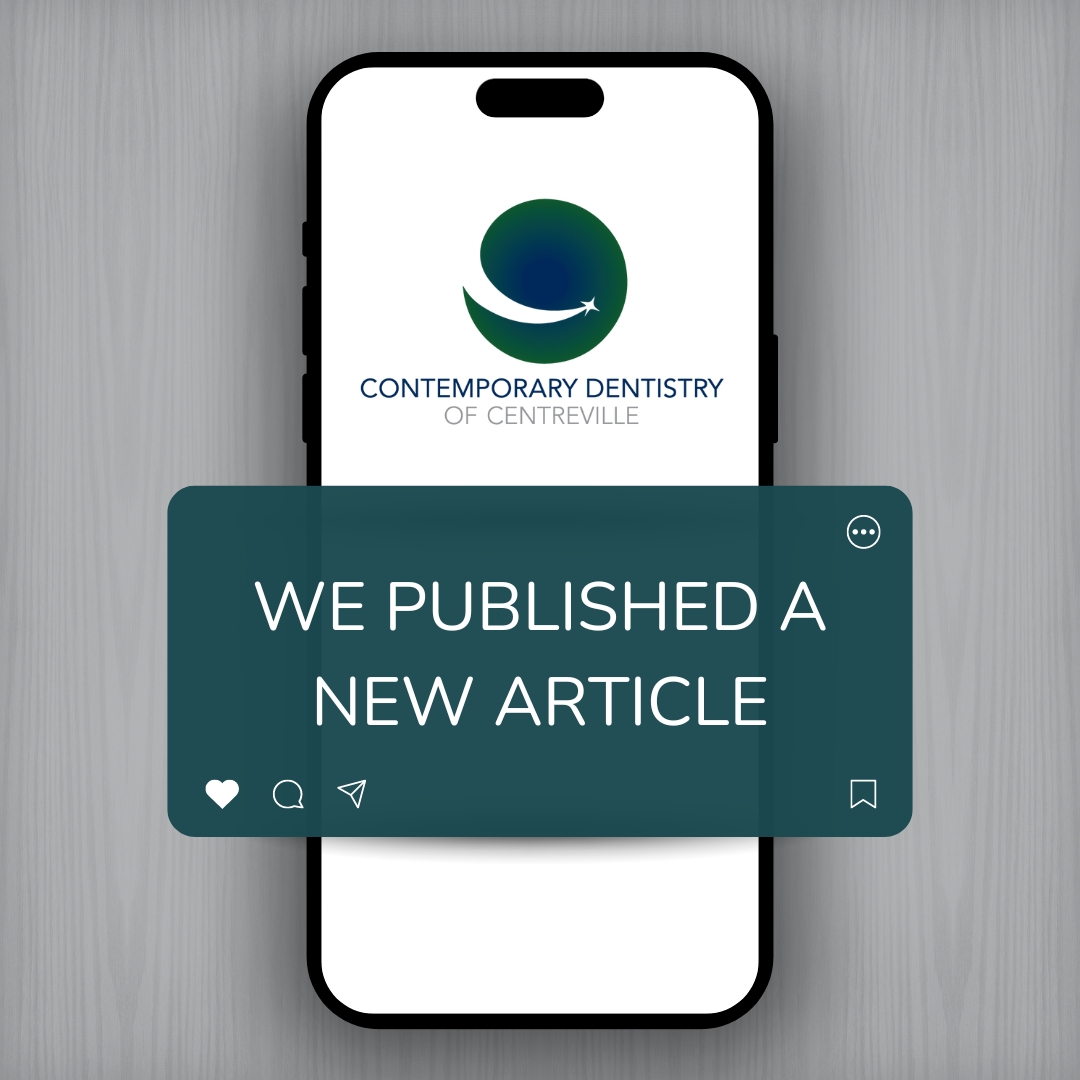
INJURIES ALWAYS SEEM TO HAPPEN when we least expect them. Picture yourself at an outdoor gathering, having fun, when suddenly a crying child runs up to you, knocked-out tooth in hand. Would you know what to do?
Dental First Aid Saves Teeth
Knocking out or fracturing a tooth is especially distressing—just thinking about it can make you uncomfortable! But knowing what to do within the first hour after dental damage occurs can save the tooth. Here’s your plan of action:
1. Carefully recover the tooth.
Pick up the tooth by the crown, do not touch the root. If necessary, gently rinse the tooth in water or milk, but do not scrub or brush the root.
2. Don’t let the tooth dry out.
If possible, put the tooth back in the socket and hold it in place with fingers or by gently biting on gauze. If you can’t reimplant the tooth, keep it in milk (not water) or inside the cheek until you can find help.
3. Seek professional dental care immediately.
You’ll have the best chance of saving the tooth if you get to a dentist or emergency room within an hour.
Prevent Injuries Before They Happen
Accidents happen, but there are many steps you can take to prevent dental damage! These include:
- wearing a mouthguard for sports
- not chewing ice and other extremely hard foods
- using scissors to open packages, not your teeth
Teeth are strong, but they can only last a lifetime if you do your part to keep them safe and healthy!
No Matter What Happens, We’re Here For You
Part of what makes dental injury so traumatic is the thought that the damage could be permanent. We’re here to assure you that even if a tooth cannot be saved, we have the knowledge and tools to restore your smile! Should a dental emergency ever occur, see us as soon as possible.
Thanks for reading! We treasure the trust you place in our team as your lifelong dental health partners. Remember to protect your teeth!



















